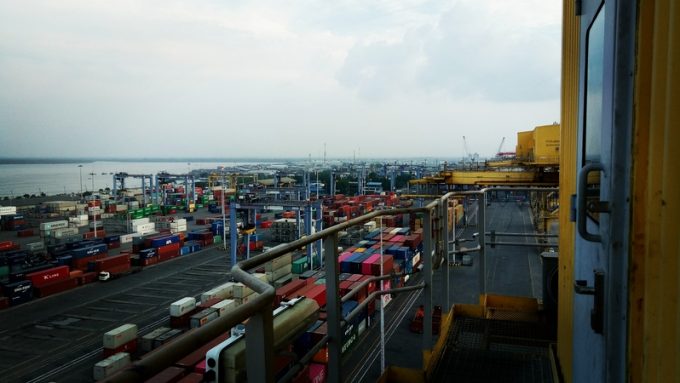TPM: Forwarders need 'clout' to survive as the ocean carriers move in
Ocean carriers undermining forwarders that don’t have “enough clout” will drive consolidation this year. Delegates ...

Rhenus Logistics has opened a fourth office in Indonesia, despite a “very challenging” year in the country’s air and ocean freight markets.
It said the expansion, in Medan, the capital of North Sumatra, would “reinforce relationships with key airline and shipping partners”.
The forwarder added: “As a key ...

Comment on this article